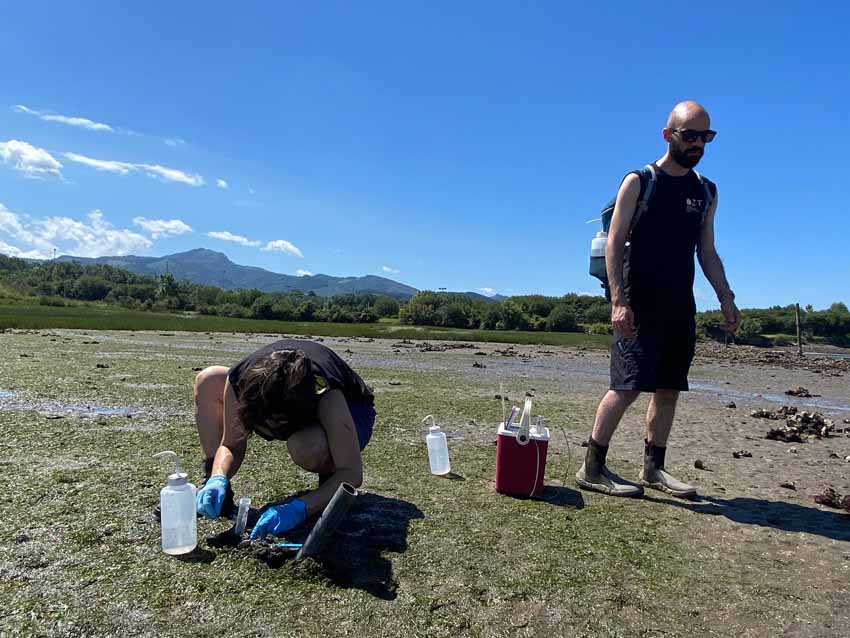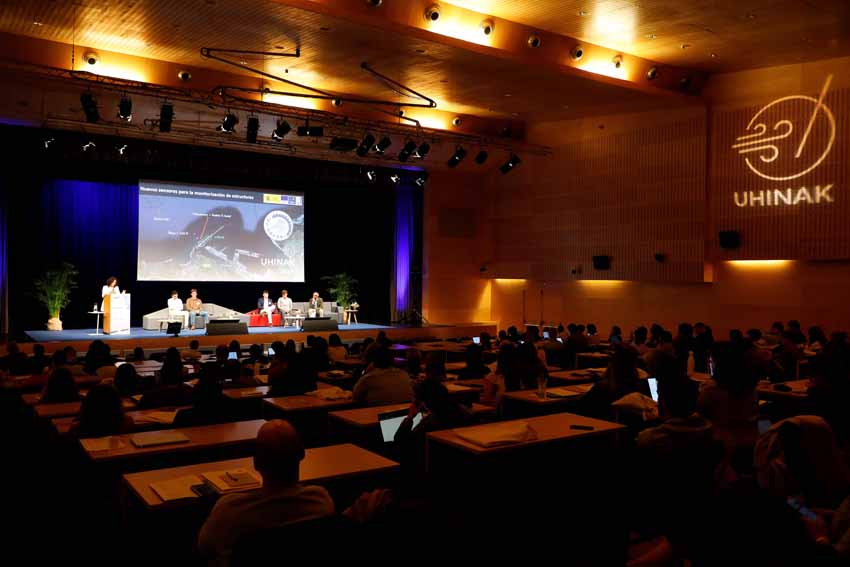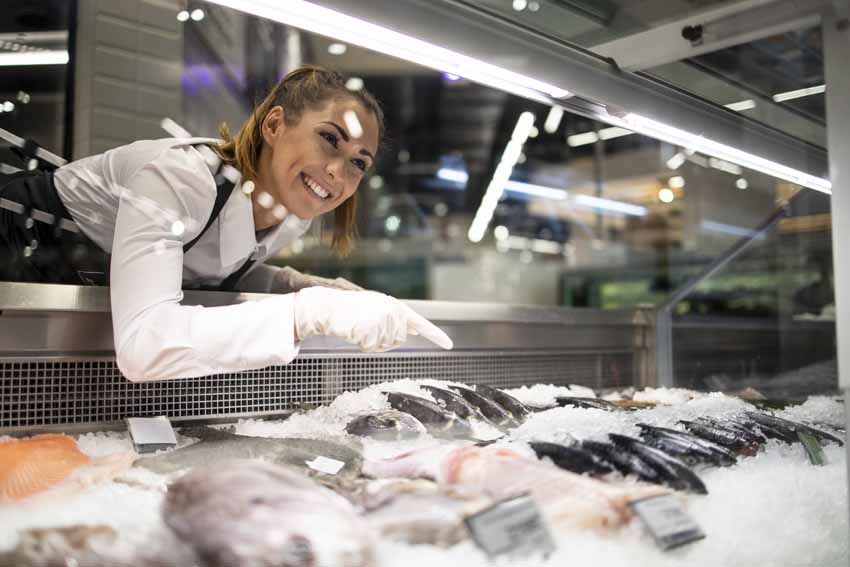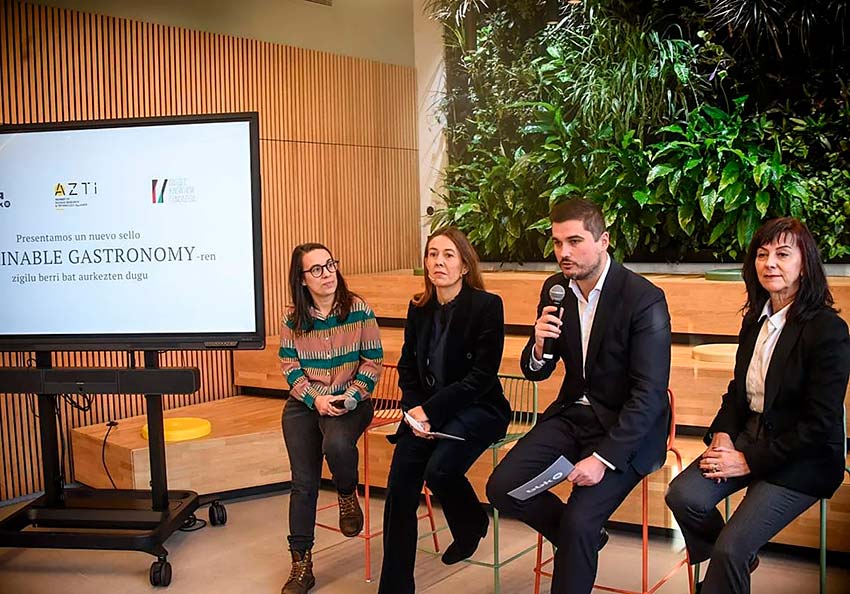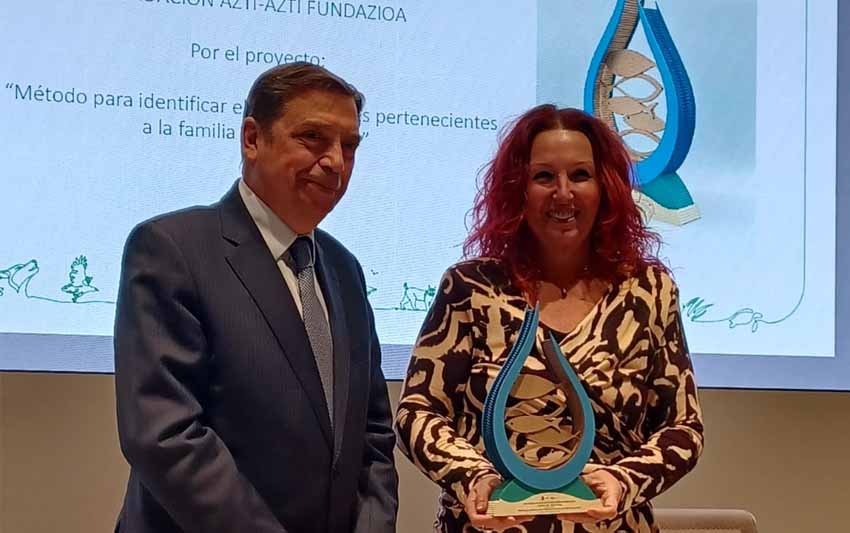Nueva doctora: Ane del Río Lavín
Últimas noticias
Josu Santiago culmina su trayectoria en AZTI y se incorpora al Consejo de Dirección de ISSF
Un catálogo genético pionero revela la biodiversidad oculta en los sedimentos de los estuarios vascos
El Comité Técnico de Uhinak fija las claves de la 7ª edición del Congreso Internacional de Cambio Climático y Litoral
Ane del Río Lavín ha ha defendido en el PiE-UPV/EHU su tesis doctoral titulada “Development of new analytical tools for verifying the geographical origin of farmed Mediterranean mussels (Mytilus galloprovincialis)”. La tesis (calificada con sobresaliente por unanimidad) ha sido dirigida por Miguel Ángel Pardo y Elisa Jiménez (AZTI).
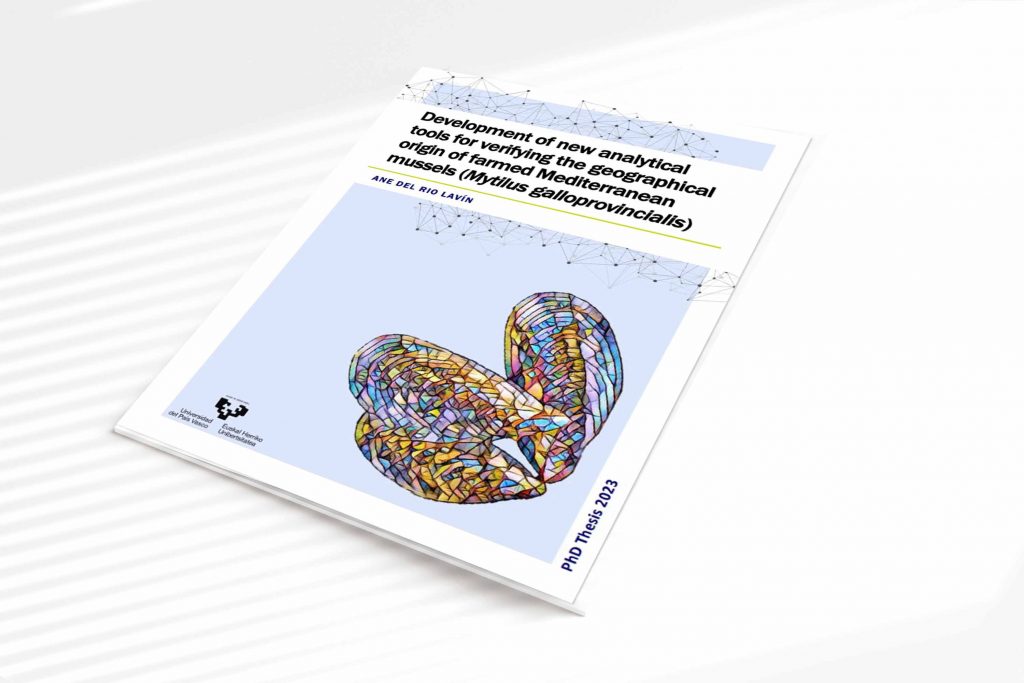
Resumen de la tesis (en inglés):
Market globalization and the growing demand for seafood products are contributing to increase supply chains’ complexity, making traceability efforts an incredibly challenging task. Under such circumstances, there is a definite need for verification methods that occur independently of labelling claims and offer an unbiased secondary check on the data collected through traceability systems. Verifying the geographic origin is critical to enforce food safety regulations, prevent commercial fraud, guarantee legal and well managed sustainable resources, as well as fulfil present and future expectations of conscientious consumers, producers and authorities.
This thesis is focused on the development of three analytical tools for verifying the geographical origin of farmed Mytilus galloprovincialis mussels in order to ensure their integrity, whether they are fresh, processed or canned. Beforehand, we verified the species following the fast SYBR-Green real-time PCR methodology developed in Chapter 1, to ensure species substitution had not occurred. Then, we evaluated the use of genetic markers (Chapter 2), trace elements (Chapter 3) and bacterial communities (Chapter 4) as a proxy to determine the provenance of this bivalve mollusc.
Our findings support that these methodological approaches have the potential to trace the geographic origin of farmed M. galloprovincialis mussels and can therefore play a pivotal role in ensuring transparency and safety in the globalized mussel trade. It is also important to highlight that there is no perfect universal approach, they all have a set of limitations. Thus, according to the cultivation area and to the type of product (fresh, frozen or preserved) the right tool should be applied, independently or in combination.

